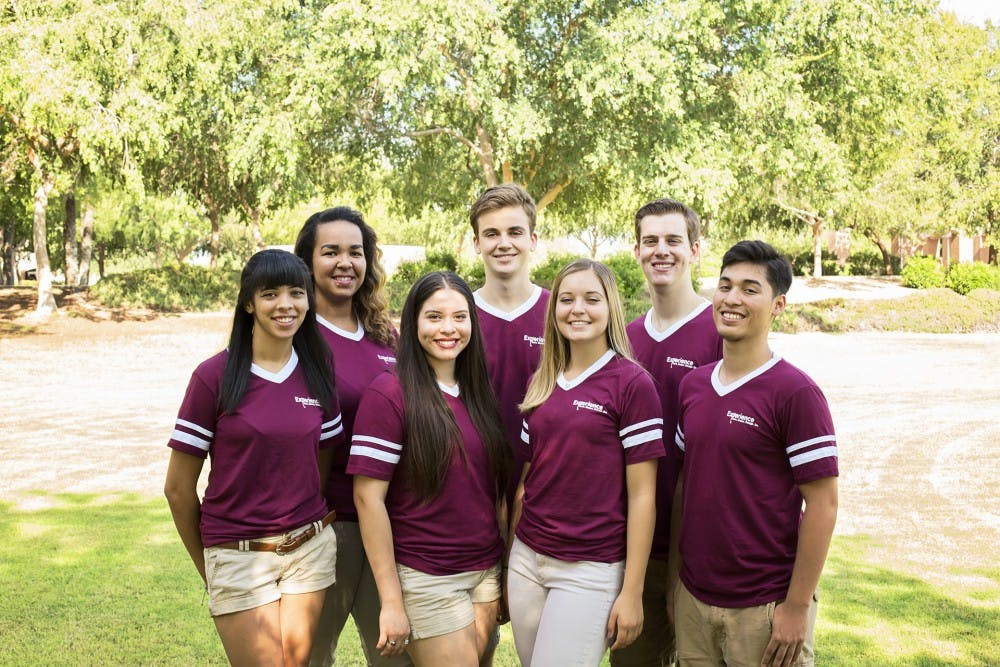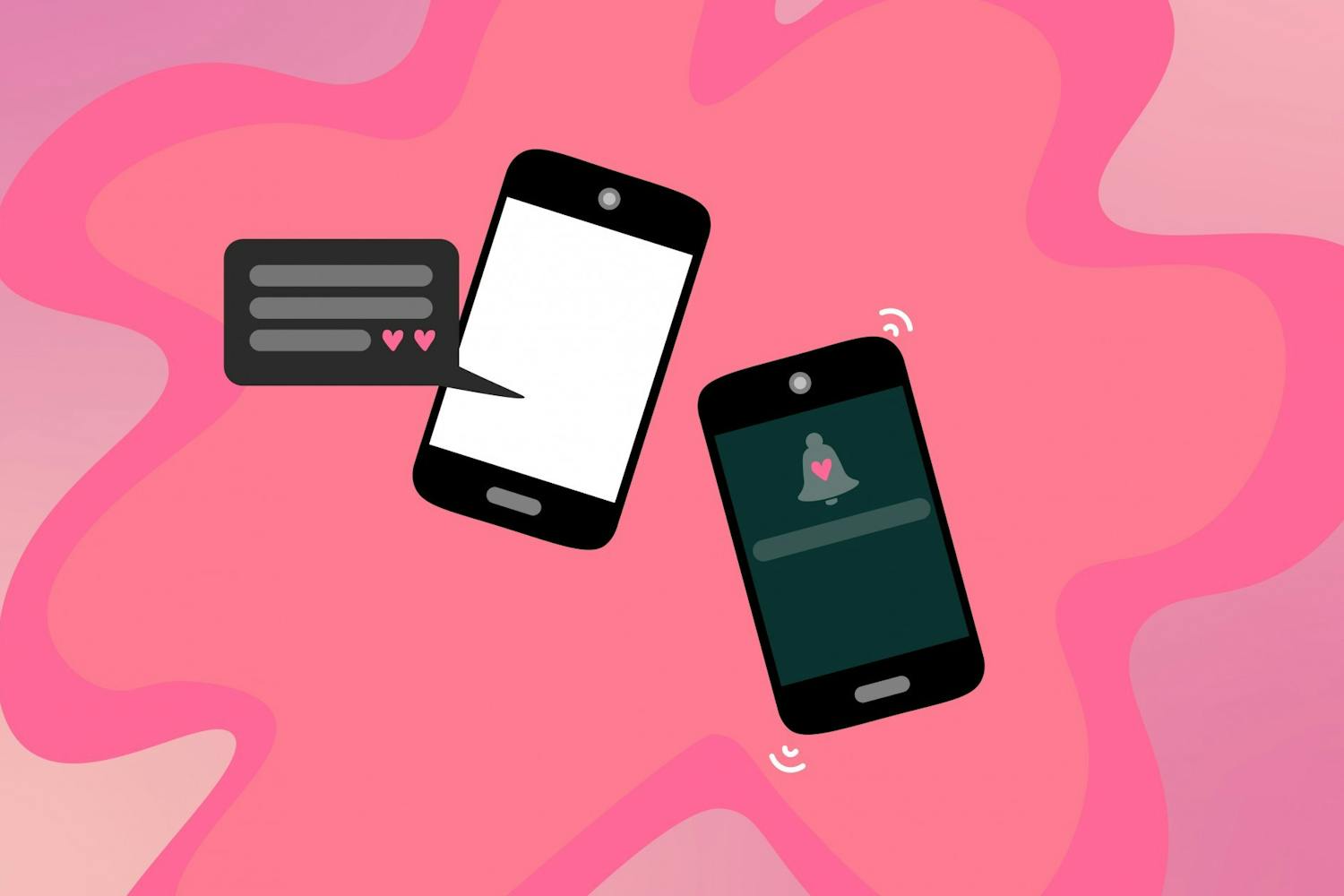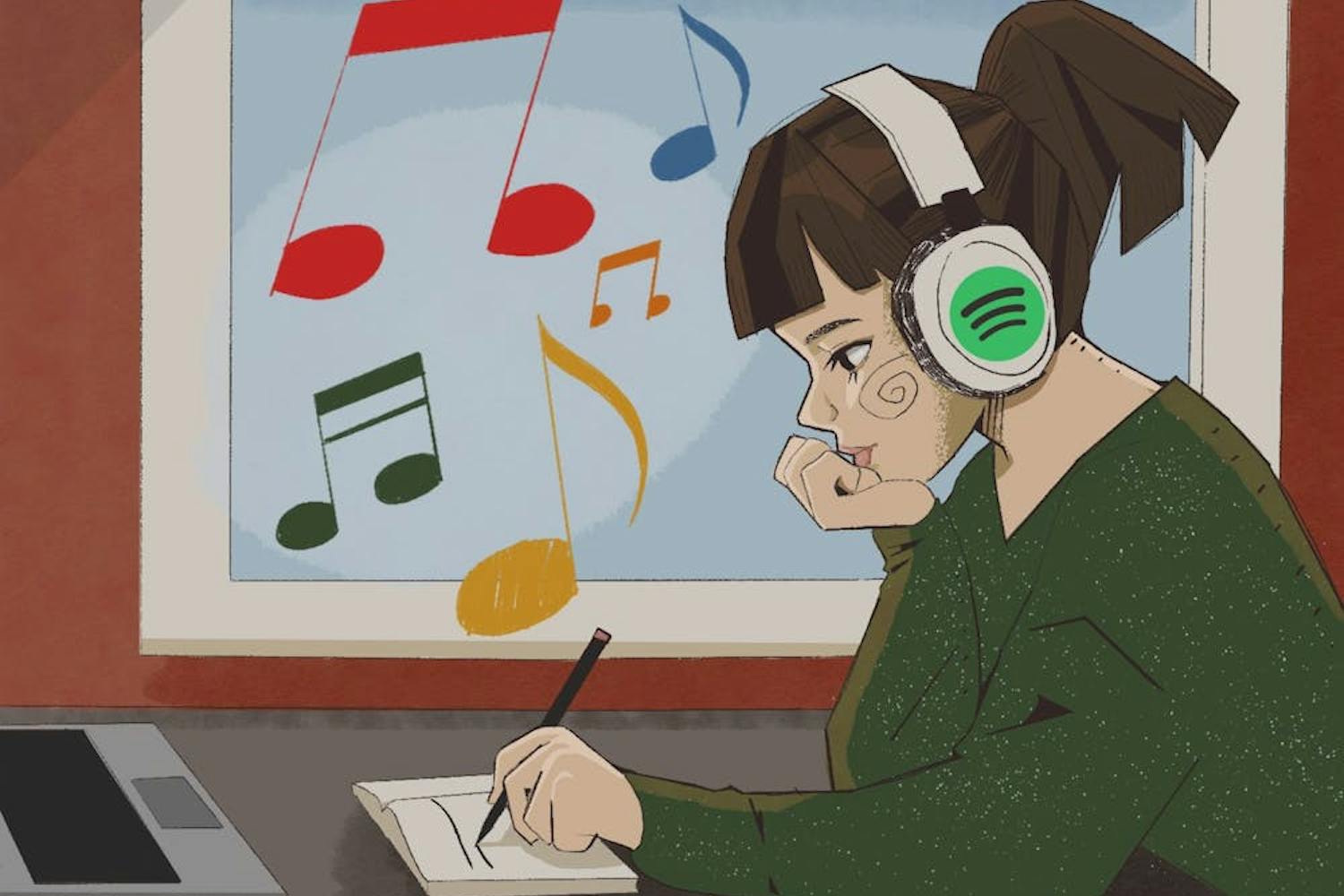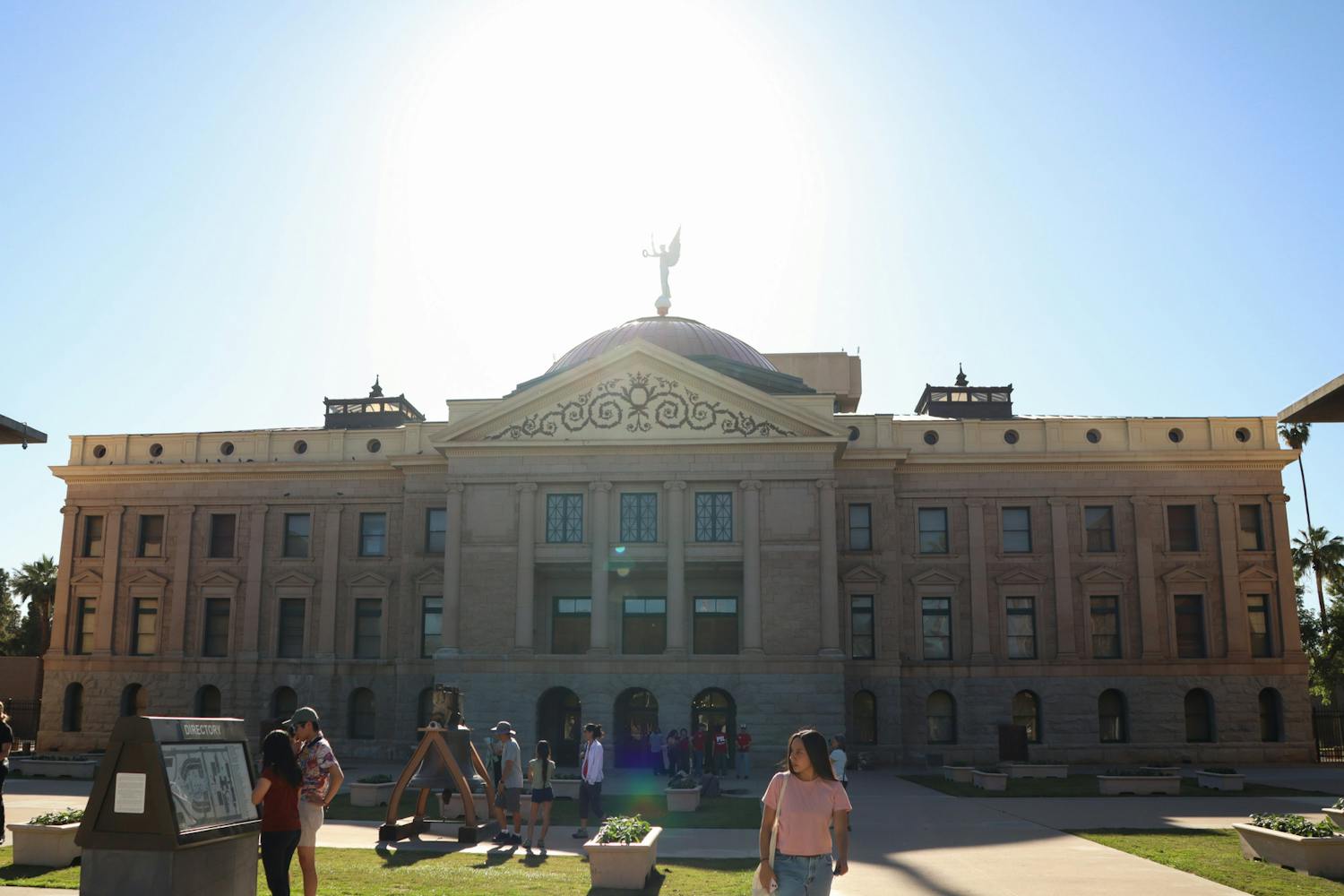What began 10 years ago as an internship and volunteer-based program with no funding has since evolved into the New College Peer Mentor Program at West campus.
The New College Peer Mentor Program is an experience that every first year student at the New College of Interdisciplinary Arts and Sciences engages in. The program is built to make their freshman year as beneficial as possible.
“We help them define what it means to be a college student,” first year experience coordinator Drew Koch said. “We help them connect their major to a career, or if they’re unsure of their major, how they can get to what they want.”
According to Anne Suzuki, assistant dean for New College and creator of the New College Peer Mentor Program, it was initially requested from students so they could have more interactions with their peers. She also said research shows the best way to get information about how a student is doing is not through advisors, but through their friends.
Having a background in peer mentorship programs, she said that students are more comfortable talking to someone closer to their own age.
The process begins as soon as a student enrolls, when they are assigned an older student mentor who will reach out to them through email or a phone call. Mentors meet their students at orientation and stay in contact for the rest of summer to get acquainted with their students. Koch said there's six mentors on campus and roughly 50 students assigned to each mentor.
Students are required to meet face-to-face with their mentor at least three times during the semester; however, depending on the student, they will reach out more frequently through email and phone.
“This generation is so tech savvy and they’re so not used to having one-on-one connection,” Suzuki said. “They still need it.”
According to Suzuki, the students who fall away from their peer mentors are generally the ones who end up dropping out or the ones who miss out on scholarship, leadership and job opportunities.
Suzuki’s assistant and former peer mentor senior biology student Edgar Aragon helped students with anything ranging from getting into medical programs to much more personal issues.
“I would just talk to them about anything," Aragon said. "It wouldn’t even have to be about the subject. Just having someone to talk to and someone to make them feel not alone.”
Aragon said that every student is mentored differently. In the two years he was a mentor, Aragon has had students who were facing difficult situations like unplanned pregnancies or coming out to their parents.
“Sometimes it’s really hard to fit in, but you know that every time you come into this office, you’re not going to be judged,” Aragon said.
Peer mentors are aware of their students’ academic status reports and will often reach out to find out why they might be failing or not showing up to a class.
“They have all of these issues — all of these questions about being in college, and it’s more comfortable for the students to talk to people who are also students as well,” psychology junior and peer mentor Victor Diaz said.
Congratulations to the Peer Mentor program at #asuwest #asunewcollege ! 10 years of excell… https://t.co/hk5qBLcKna pic.twitter.com/kGQHhjKDrm
— ASU New College (@ASUNewCollege) August 22, 2016
The program has events throughout the semester that provides students with the opportunities to meet other students and faculty members. For example, every year they invite all of the out-of-state students to lunch where they can talk about what they like or dislike about Arizona and being away from home.
The program pushes for students to engage in activities on all campuses, such as fall welcome events or football games to help them feel apart of a community. The program also seeks to prepare students for future jobs.
“I like to bring a high energy but also know that this is a collegiate atmosphere and we are here to get a job done,” Diaz said. “If I can help even a little bit and I have done all I can, then I have done my job and I am happy with that.”
Reach the reporter at gbachara@asu.edu or follow @gabriellabachar on Twitter.
Like The State Press on Facebook and follow @statepress on Twitter.




